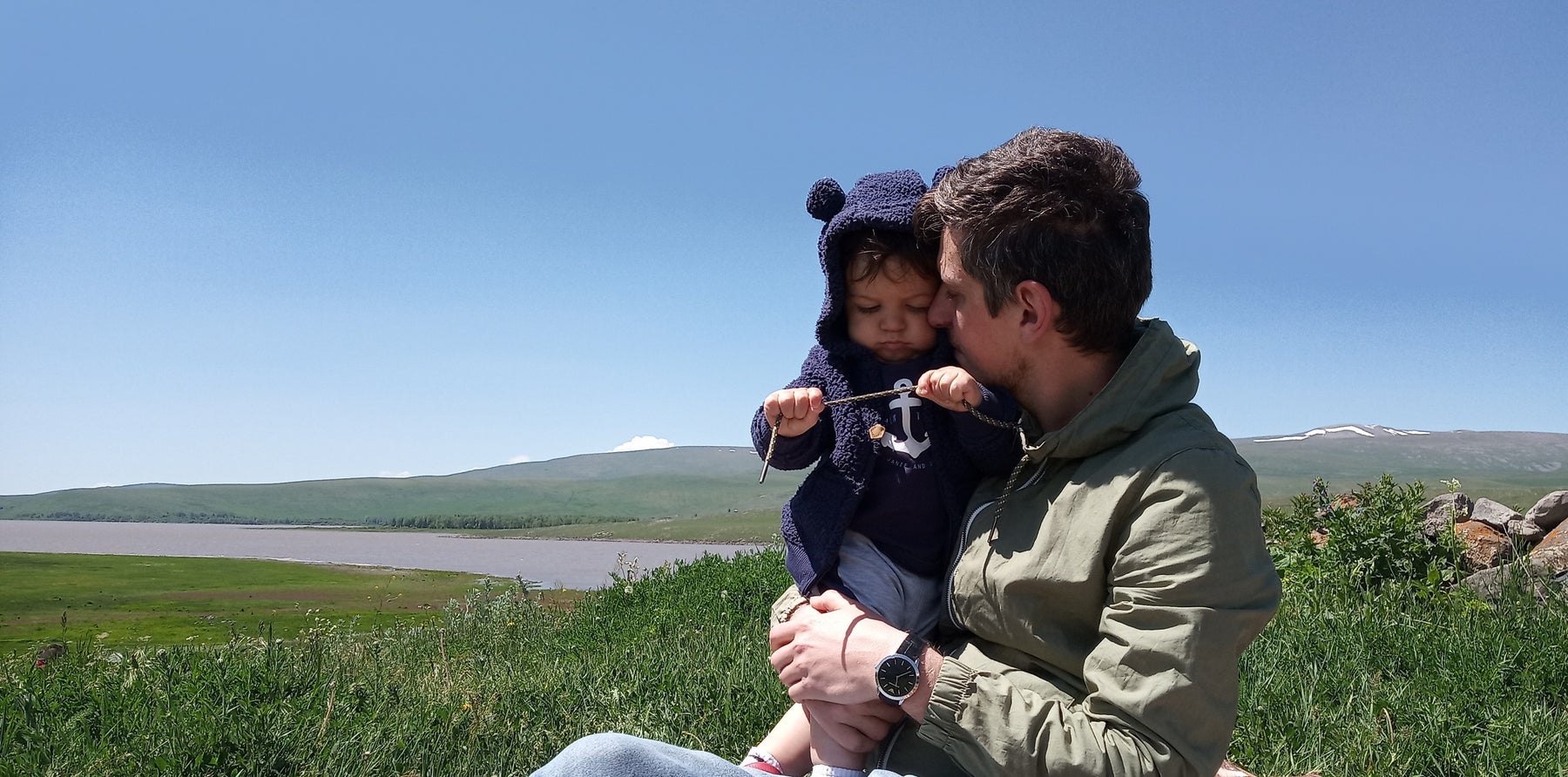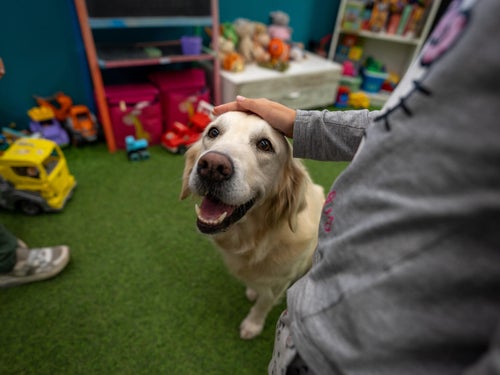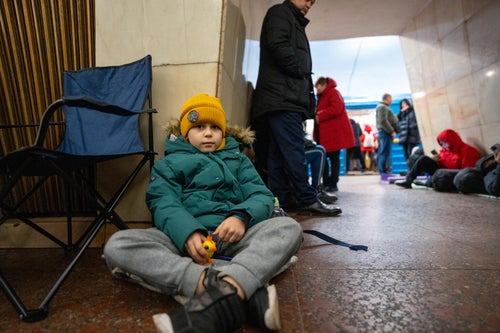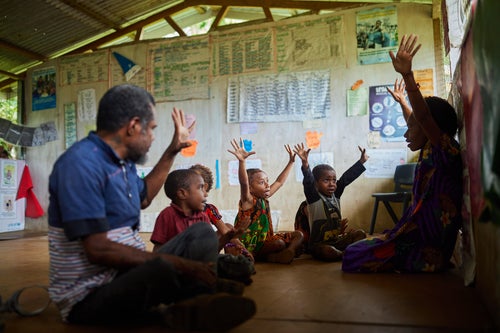“When my son is sick and needs to be picked up from day care there are no eyebrows raised, no questions asked – everyone understands,” says Linda.
This week she’s excited about riding home with her son after day care, turning up the music at family dinner and working with Paddington Bear to teach children about UNICEF’s work around the world.
“I’ve had many meetings with my son at my feet and every time my colleagues hear him giggle, they all smile and invite him on the Zoom screen,” says Linda.
“I can’t even imagine how any parent would juggle both work and parenting without this flexibility and I really hope that more organisations will see the benefit in giving their employees this kind of support.”
From our work in over 190 countries, for more than 75 years, we know that quality connection time is essential for both a happy mum, dad or carer, as well as a happy bub or child.
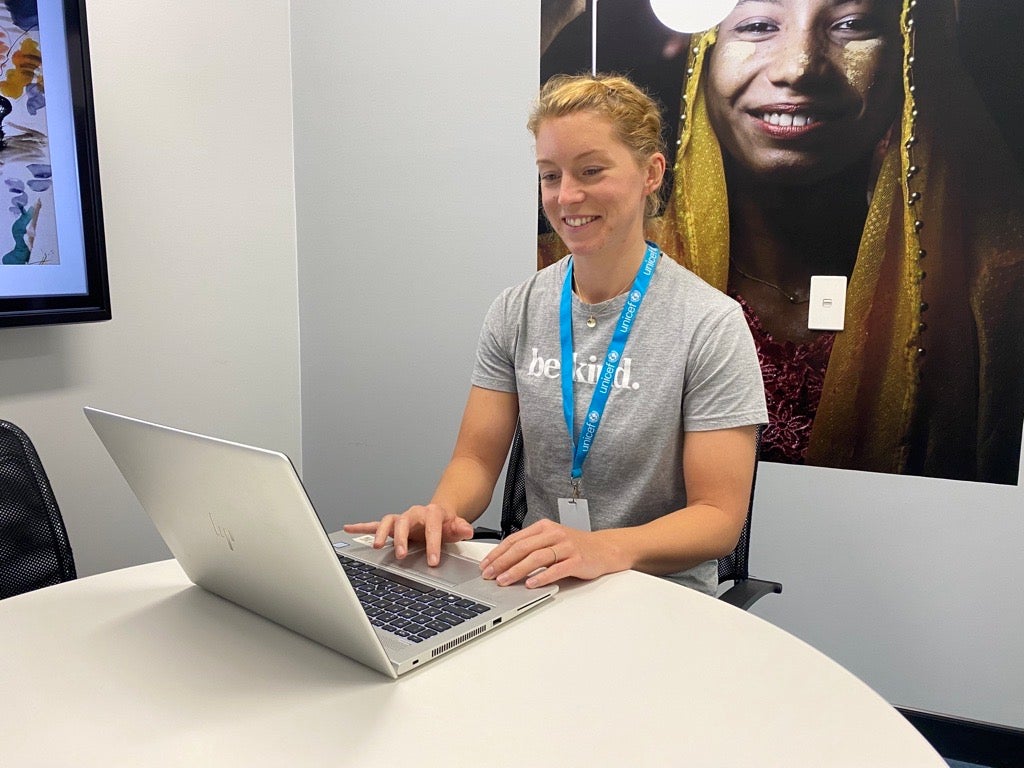
But the pandemic has put unprecedented pressures on families, as they struggle to manage the competing priorities of caring for children and remaining in the workforce.
In 2020, 92 per cent of Australian employees wanted to access some form of flexible work arrangement when the pandemic ends, according to a Workplace Gender Equality Agency (WGEA) study.
In May 2021, UNICEF Australia and Parents At Work launched the Family Friendly Workplaces initiative to introduce National Work and Family Standards for all Australian workplaces.
A year since the launch of Family Friendly Workplaces, 70 businesses and organisations have implemented policies that make a real difference for teams and families like inclusive paid parental leave, mental health support and flexibility for carers.
A recent survey conducted on behalf of Family Friendly Workplaces shows 65 per cent of respondents recognise that both women and men were more likely to be approved for formal flexible working arrangements than before the pandemic.
Read the latest report
What does a family friendly work place look like?
- The culture is one where working families and carers are supported to combine their work and family life commitments.
- The culture positively impacts the quality of work-life for every family and contributes to the wider health and wellbeing of our society and economy.
- It champions gender equality and makes it easy for men and women to lead productive personal and professional lives, particularly for women who carry the caring load.
- It supports and encourages both work and family commitments.
Did you know workplaces that support parents increase productivity and output while reducing stress, absenteeism and gender inequality. Seems like a no brainer, right?
Here in Australia, it’s incredible to see the steps many businesses have taken to invest in family friendly policies that support parents at every stage of their child’s life. This can be everything from later meeting start times to allow for school drop offs, to parental leave that prioritises shared roles.
During the COVID-19 pandemic, parenting has become even more demanding with the blurring of work and home boundaries, as well as home-schooling for many of Australia’s parents.
Is your workplace family friendly?
Find out now
"Working for a family friendly organisation means I don't miss out on the important moments in my children's lives."
In 2021, and in collaboration with our partner, Parents At Work, we launched the National Work + Family Standards to provide employers with a benchmark of best practice guidelines that support employees meet their work, family and wellbeing needs. The Family Friendly Workplaces recognition framework certifies employers as a Family Inclusive Workplace.
The six National Work and Family Standards are:
- Flexible work
- Parental leave
- Family care
- Family wellbeing
- Leadership culture
- Measurement
One year later, we are celebrating the fact that 285,000 Australians are now employed by organisations who have been certified as Family Inclusive Workplaces and have action plans to drive continual improvement.
In the first 12 months of the initiative, employers across a wide range of industries have responded to the call to be benchmarked, with 70 workplaces now officially certified – UNICEF Australia being one of those workplaces.
Read the latest report
Just like Linda, many of our team members enjoy being part of a family friendly workplace. Here are some thoughts on what this means to them.
“My favourite part of the day is walking to school with my daughter in the morning,” says Nicole, who helps make sure that all kids in Australia can learn, play, and be healthy, happy and safe through her work at UNICEF.
“I love chatting about what the day ahead holds for us both – it’s good for us both to not always be rushing.”
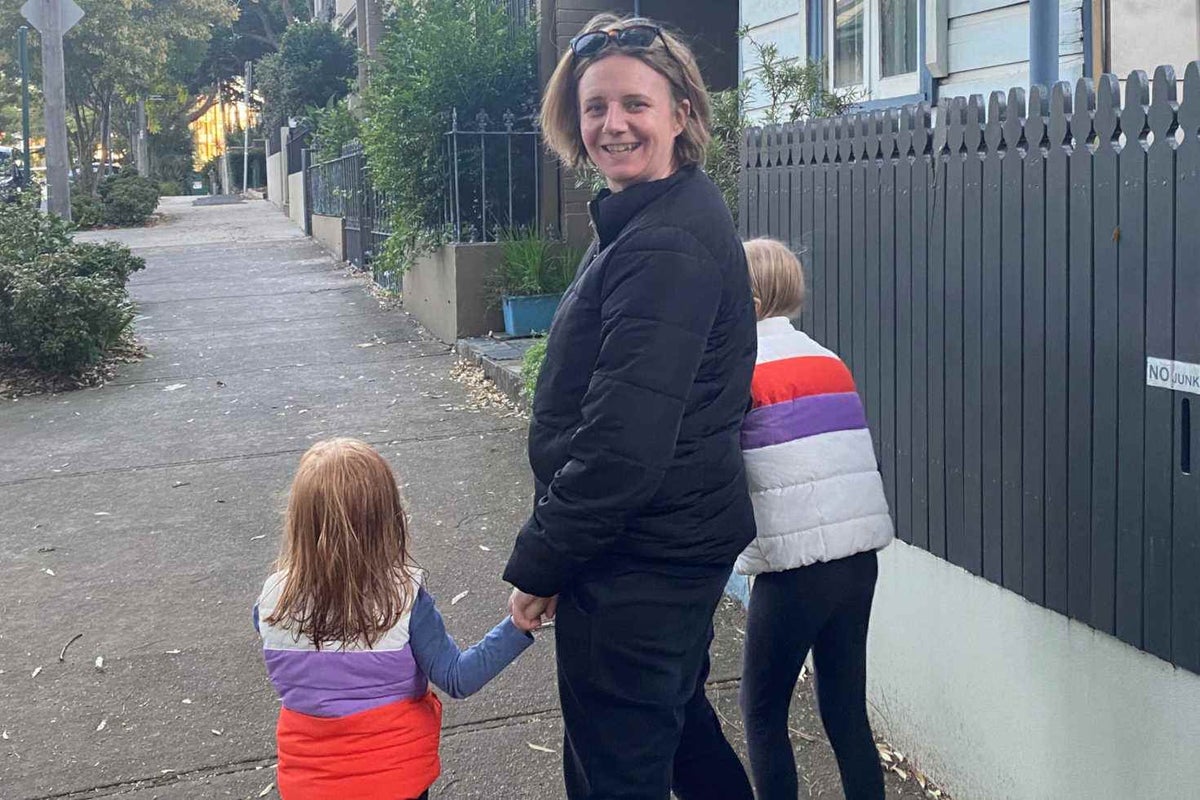
“Being part of an organisation that recognises and celebrates all family types really adds to my quality of life.”
“I know that I’ll be supported and encouraged to attend a special school assembly and to adjust my schedule when one of the kids gets sick.”
Find out more about Family Friendly Workplaces
LEARN MORERelated articles
Stay up-to-date on UNICEF's work in Australia and around the world



